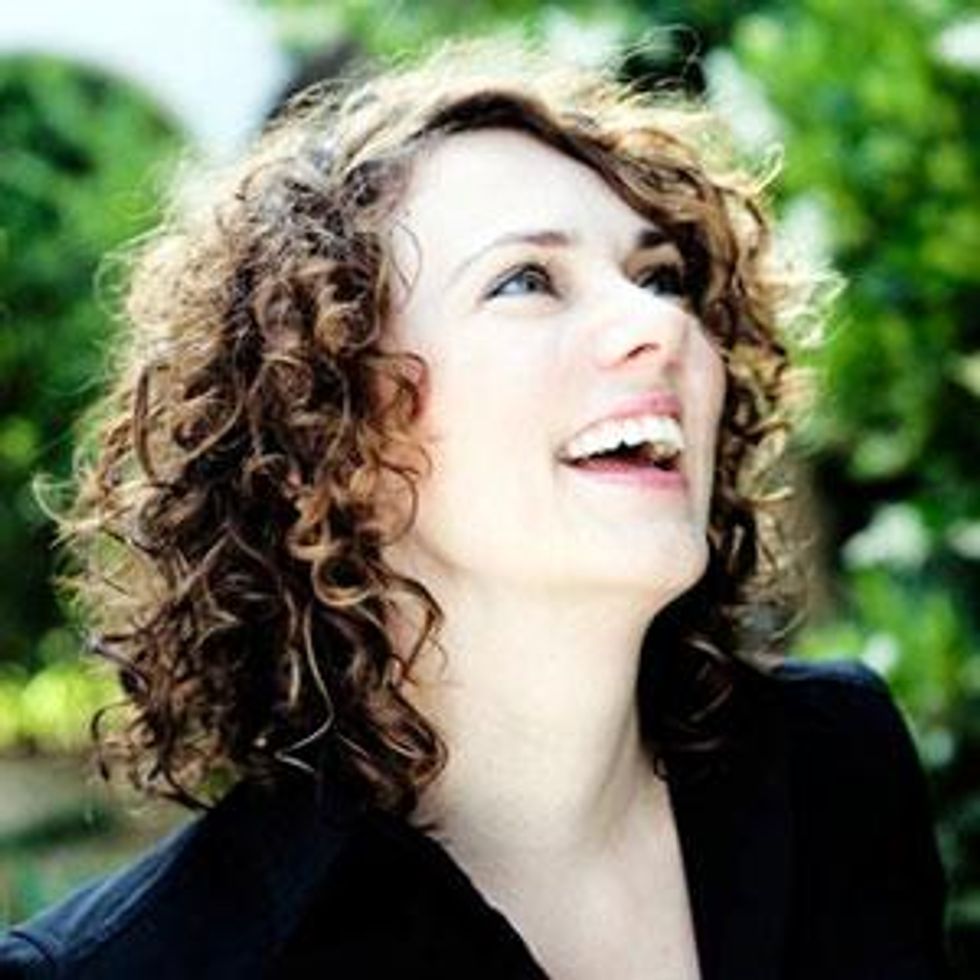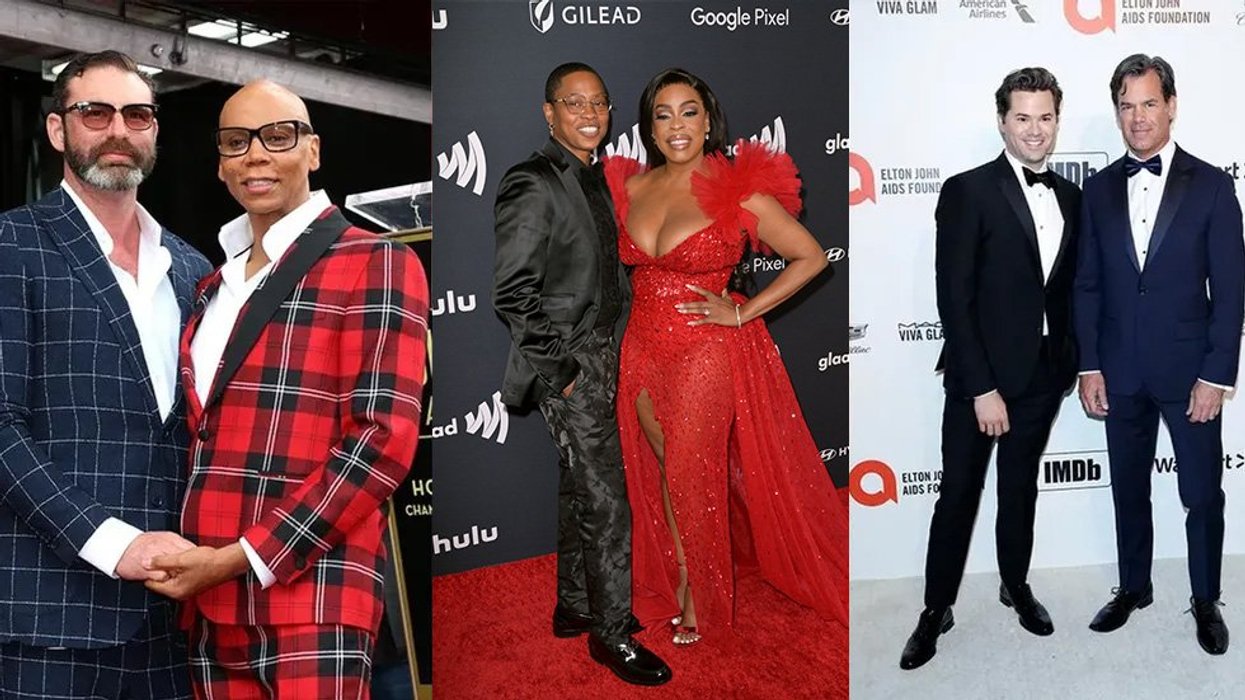This past summer SheWired contributor and our friend Tatum de Roeck was diagnosed with breast cancer. The co-host of Cherry Bomb and of her own interview style show on SheWired T-Time with Tatum began blogging about her experience shortly after her diagnosis. Via her writing, she shares the intimate details of taking breast cancer one step at a time in a blog that is incredibly emotional and moving but always infused with Tatum's lightning-quick wit and her ability to remain positive.
Tatum has graciously agreed to share her story with readers as we embark on October, Breast Cancer Awareness month. We will be posting her blogs on SheWired throughout the month.
Chemo Conundrums – written on July 29, 2011
I am discovering that you need to have a medical degree to get cancer. Without one it is like taking a crash course in science, statistics and pharmacology. I am an artsy right brainer, none of these are strong subjects of mine.
I want to trust that doctors know something about breast cancer, but they don’t even agree with one another. Does chemo work on hormone receptive, Her2 negative cancers? The experts disagree. The chemo drugs might work so well that it could eradicate the cancer so much so that I should insert a marker of where the cancer was just in case they can’t find it, or (big or) the chemo won’t work at all.
Trial and error doesn’t sound so bad, until reading the side effects of the trial.
How Chemo Works
Cancer is a bunch of cells that just keep on dividing and spreading.
Chemo is a combination of chemicals that work by stopping the cancer cells from dividing. This sounds perfect until you factor in that chemo stops every other cell in your body from dividing too.
That’s why hair falls out, skin becomes sensitive and it makes you feel sick. If that was the extent of the side effects that would be one thing but it isn’t even close.
When I think of medicine I think of something making me better. Chemo is the antithesis of that. It is like taking poison to kill everything, and then hoping you can recover enough to fight off the serious long-term effects.
The research statistics of someone my age, with the specifics of the type of cancer I have, just doing surgery alone show I have show a 1 in 4 chance of cancer returning. Or put another way around 75% that it will not return. If I take hormone blockers, it adds another ten percent chance of cancer not returning and if I do chemo and hormone blockers I increase by odds by about 19 percent. All in all I increase my odds of cancer not coming back by almost 10 percent by doing chemo. This sounds reasonable but the hormone blockers increase my chance of uterine cancer and chemo can cause brain problems, some short term some long. Below is a short list of potential side effects:
Fatigue (Some people report feeling this up to 5 years)
Menopausal symptoms
Neuropathy
Chemo-brain (Chemotherapy given to children has been shown to cause learning difficulties, adults report not being able to recall memories, unable to focus and general brain cloudiness.)
Heart failure
Kidney failure
Infertility
Liver problems
The longer-term effects are:
Cataracts
Infertility
Liver problems
Lung disease
Osteoporosis
Reduced lung capacity
Second primary cancers
What I can’t seem to find is all the statistics of risk probability for each of those side effects. So that ten percent that looked so clear and obvious is opening me up to gamble with heart disease, liver problems and losing an inexact amount of brain function. I feel like I am losing my mind just thinking about it.
I am off to yoga and will try not to work out percentages of percentages of life threatening conditions while in down-dog.
You can follow Tatum on her blog here.
Follow SheWired on Twitter!
Follow SheWired on Facebook!



























































































































